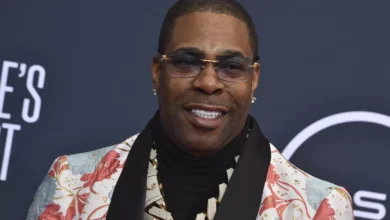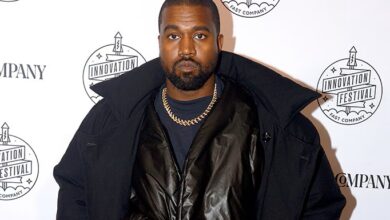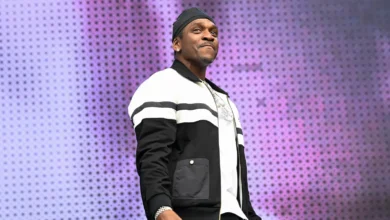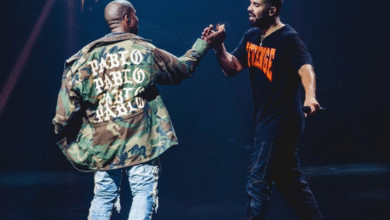Tyler, The Creator’s Most Controversial Moments
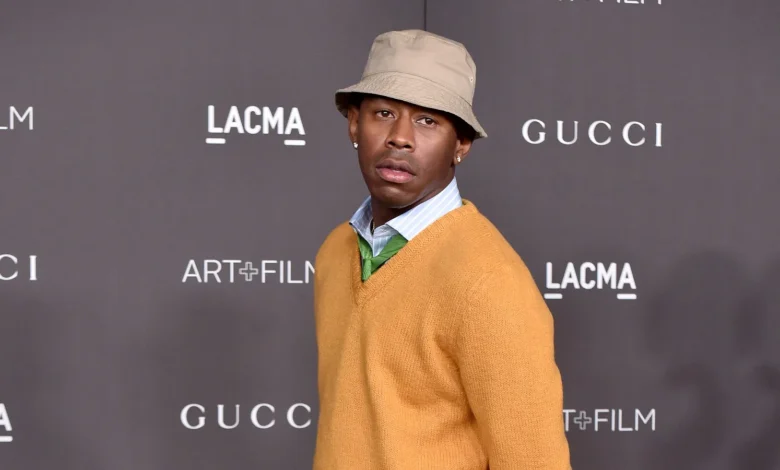
Tyler, the Creator is no stranger to controversy. Since bursting onto the music scene in the late 2000s, the Grammy-winning rapper, producer, and fashion icon has built a reputation for pushing boundaries and speaking his mind—no matter the backlash. His bold personality, provocative lyrics, and unconventional artistry have sparked numerous debates over the years. Here’s a look at some of Tyler, the Creator’s most controversial moments that have defined his career and challenged public perception.
Tyler’s first major controversy came in 2011 with the release of his debut album Goblin. The project was praised for its creativity but drew intense criticism for its violent, homophobic, and misogynistic lyrics. Songs like “Yonkers” featured lines that disturbed listeners and prompted several advocacy groups to condemn the rapper for promoting hate speech. Tyler responded by defending his art as fictional storytelling and a form of creative expression. While his early work was polarizing, it laid the groundwork for his rise as a provocateur in hip-hop.
In 2012, Tyler and his collective Odd Future were banned from entering the United Kingdom. British authorities cited “lyrics that encourage violence and intolerance of homosexuality” as the reason. The ban was met with both support and criticism. Fans argued that the group was being unfairly targeted for artistic expression, while others saw it as a necessary move against harmful messages. The travel restriction underscored the global impact of Tyler’s music—and its power to stir controversy far beyond U.S. borders.
Tyler’s use of homophobic slurs in his lyrics and on social media became another hot-button issue. Ironically, in later years, Tyler hinted at his own queerness in songs like “I Ain’t Got Time!” and “Garden Shed,” leading to speculation about his sexuality and a broader conversation about identity in hip-hop. The juxtaposition between his early homophobic language and later ambiguous statements about his own orientation sparked ongoing debates about whether Tyler’s evolution should be praised or scrutinized.
In 2015, Tyler was again banned from entering a country—this time, Australia. Officials cited his “history of inciting violence and homophobia,” following a campaign led by feminist groups. Tyler reacted strongly, taking to Twitter to blast the decision and suggest it was motivated by fear rather than logic. The controversy reignited conversations about censorship, free speech, and the responsibility of artists with large followings.
Another moment that made headlines was Tyler’s unpredictable 2020 Grammy win for Best Rap Album with Igor. Rather than celebrate traditionally, Tyler called out the Recording Academy in his acceptance speech, accusing them of marginalizing Black artists by categorizing his genre-blending album as “rap” instead of “pop.” The speech drew mixed reactions, with many applauding his honesty while others questioned the timing and tone. It was a bold move that exposed the industry’s racial bias—and showed Tyler’s refusal to conform even at the height of mainstream recognition.
Tyler’s fashion choices have also stirred up debate. Known for defying gender norms and embracing colorful, often androgynous styles, his appearance has challenged traditional ideas of masculinity in hip-hop. From wearing nail polish to pink fur hats, Tyler’s style has raised eyebrows but also earned respect for breaking barriers in a genre long associated with rigid gender roles.
Despite—or perhaps because of—these controversies, Tyler, the Creator has cemented his place as one of the most innovative and influential artists of his generation. He’s evolved from an underground shock rapper to a creative visionary with a unique voice in music, fashion, and culture. His willingness to provoke, reflect, and reinvent continues to shape not only his legacy but also the broader landscape of modern artistry.

